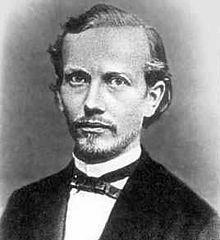Faces Quotes - Page 87
Zadie Smith (2006). “On Beauty”, p.190, Penguin UK
William Wordsworth (1857). “The Earlier Poems of William Wordsworth: Corrected as in the Latest Editions. With Preface, and Notes Showing the Text as it Stood in 1815”, p.329
1605-6 Kent. King Lear, act 2, sc.2, l.91-3.
Scratching could not make it worse, an't were such a face as yours were.
"The Pictorial Edition of the Works of Shakspere".
William Shakespeare (1998). “The Tragedy of Coriolanus”, p.209, Oxford University Press, USA
William Shakespeare (2015). “Antony and Cleopatra”, p.47, Sheba Blake Publishing
'Hamlet' (1601) act 3, sc. 1, l. [150]
Cross, William Shakespeare (1989). “William Shakespeare: The Complete Works”, p.119, Barnes & Noble Publishing
Thrust your head into the public street, to gaze on Christian fools with varnish'd faces.
'The Merchant of Venice' (1596-8) act 2, sc. 5, l. [29]
Right joyous are we to behold your face, Most worthy brother England; fairly met!
William Shakespeare (2013). “The Wars of the Roses In Plain and Simple English: Includes Henry VI Parts 1 - 3 & Richard III, Richard II, Henry IV Parts 1 and 2, and Henry V”, p.1818, BookCaps Study Guides
Or are you like the painting of a sorrow, a face without a heart?
William Shakespeare (1832). “Hamlet, and As you like it, a specimen of a new ed. of Shakespeare [by T. Caldecott]. by T. Caldecott”, p.134







